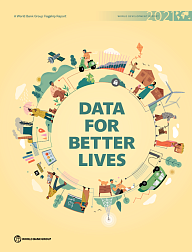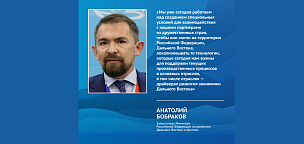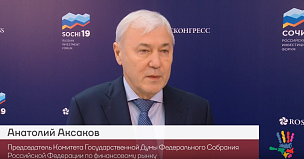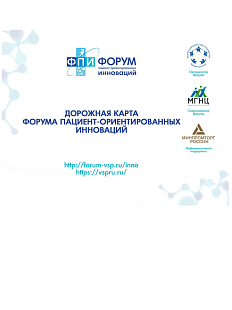World Development Report 2021: Data for Better Lives produced by the World Bank Group studies data governance and challenges faced by the global community in data handling. The report aims to answer two fundamental questions: how can data better advance development objectives and what kind of arrangements are needed to support the generation and use of data in a safe and secure way?
The Roscongress Foundation presents the salient points of the publication accompanied by fragments of broadcasts of relevant panel discussions from the business programme of international events held by the Roscongress Foundation.
Alongside the potential positive effects of a massive increase in the availability of real-time, granular data, there is also a high risk that such data may be misused.
Innovations in data generation create new opportunities for businesses, public authorities, individuals and communities, helping them make better choices by accessing more information and knowledge. As stated in the report, data can lead to better lives through multiple channels. Governments can use data to improve programs and policies. The private sector can use data to fuel platform-based business models that stimulate economic activity and international trade in services. And individuals, empowered by data, can hold governments accountable.
However, data hoarding can lead to concentration of economic and political power while also raising the possibility that data could be mishandled. Incomplete legal and regulatory frameworks for data and a dearth of institutions with the requisite administrative capacity prevent data from creating economic and social value which can be multiplied through repurposing and reuse.
The COVID-19 pandemic has demonstrated both the positive and the negative sides of data use in healthcare.
The COVID-19 pandemic is a timely illustration of how countries are struggling to balance the use of data to advance public health objectives with the need to safeguard against harmful misuse of such data. In some countries, call detail records from mobile phone usage, created in the private sector, have been repurposed to allow public health authorities to identify and trace those exposed to infected individuals. To guard against any misuse of these data, several countries have had to strengthen governance frameworks by passing emergency legislation that enacts or enhances data protection regulations.
Breaking out of the current impasse in data governance calls for a new social contract for data.
According to the report, such a contract would pave the way for progress in data governance, ensure equitable access to data, and enhance data protection. Such a contract would also increase data use and reuse to realize greater value; create more equitable access to the benefits of data; foster trust through safeguards that protect people from the harm of data misuse; and lay the groundwork for an integrated national data system.
For more information, see the special sections of the Roscongress Foundation Information and Analytical System: Big Data and Digitalization about the development of digital technologies, and Globalization/Regionalization about global challenges and responses to them.






